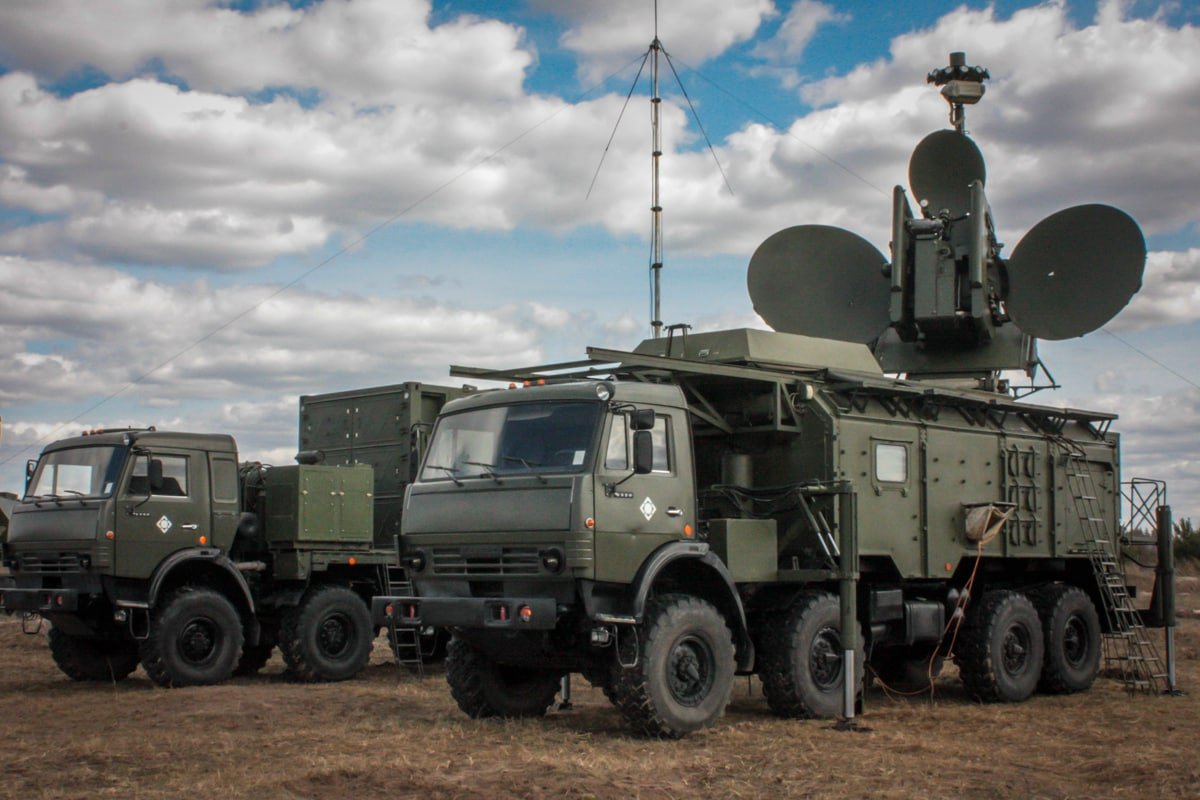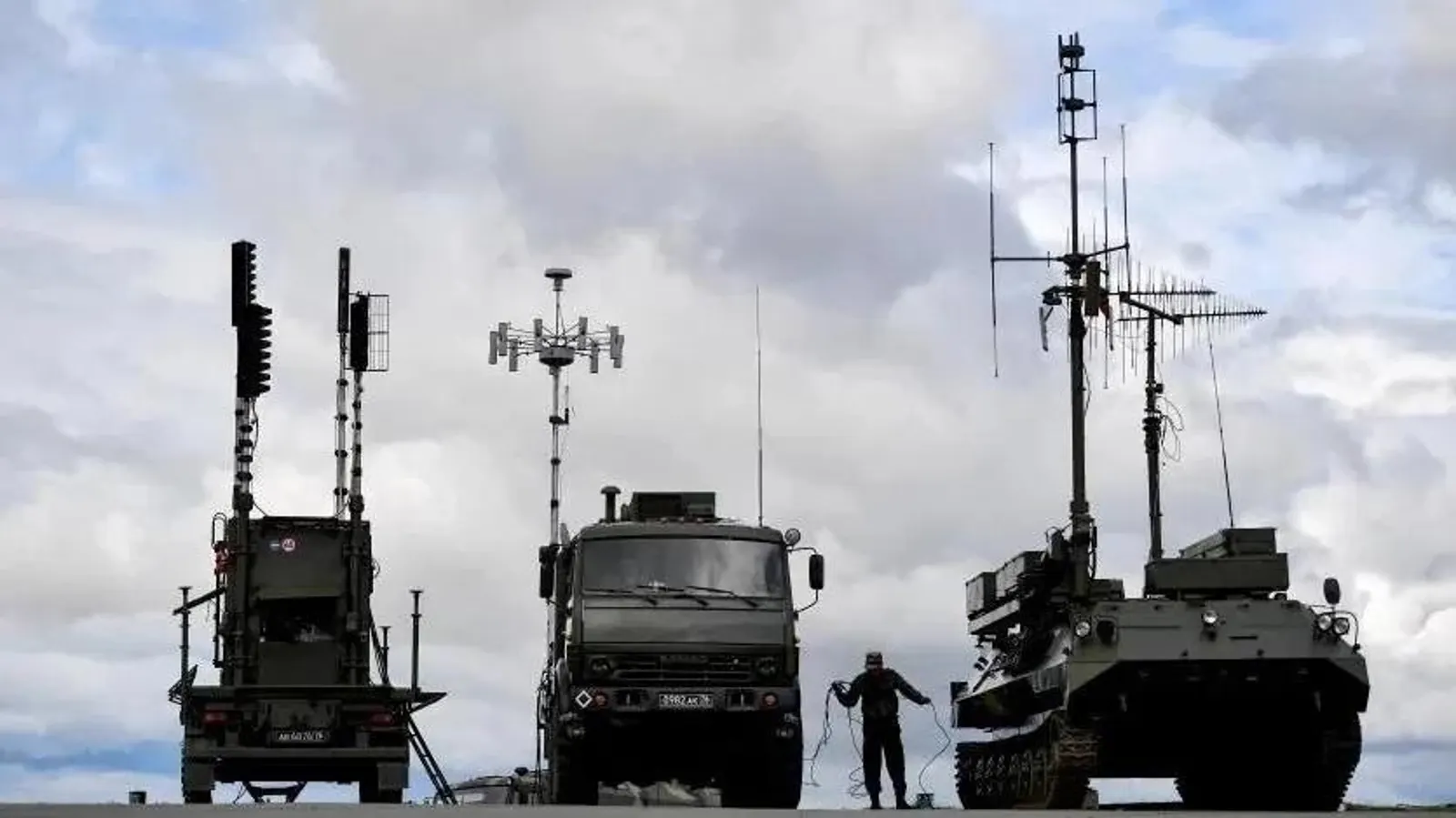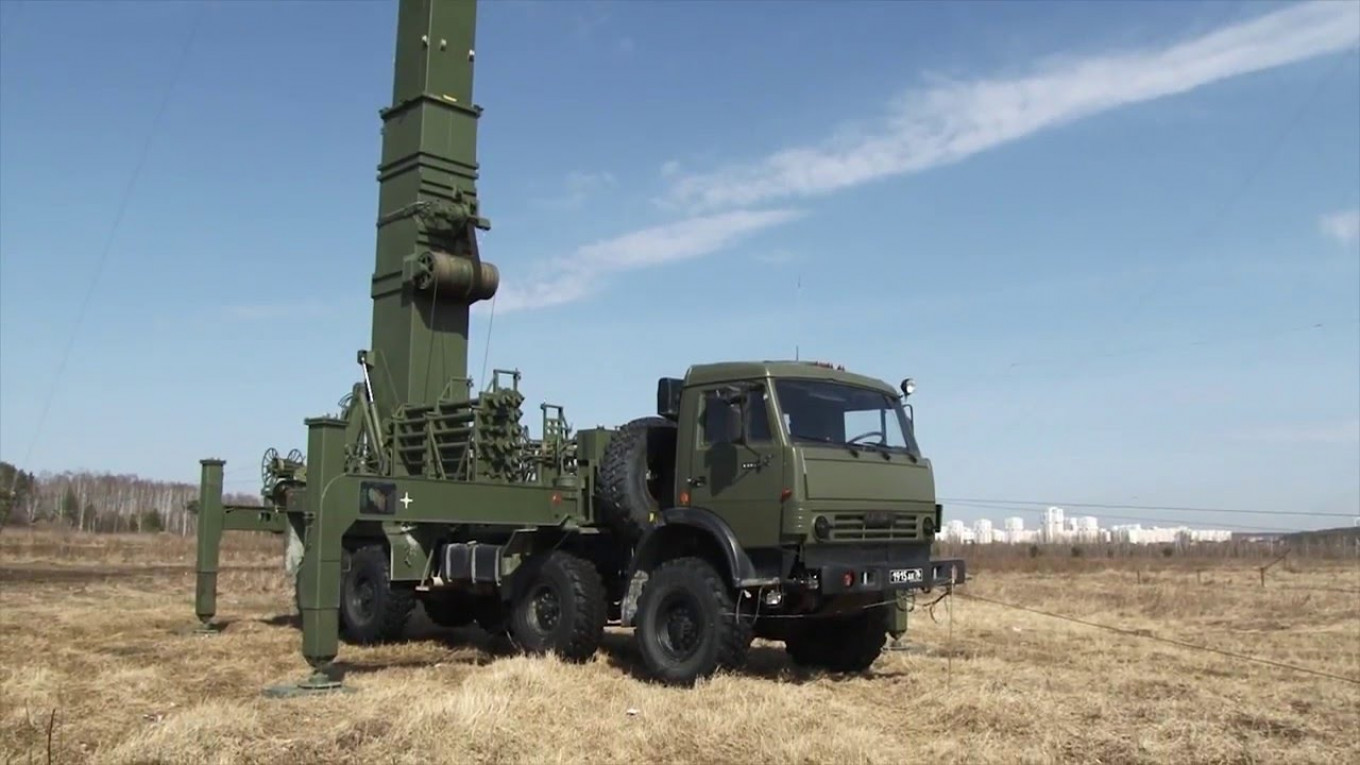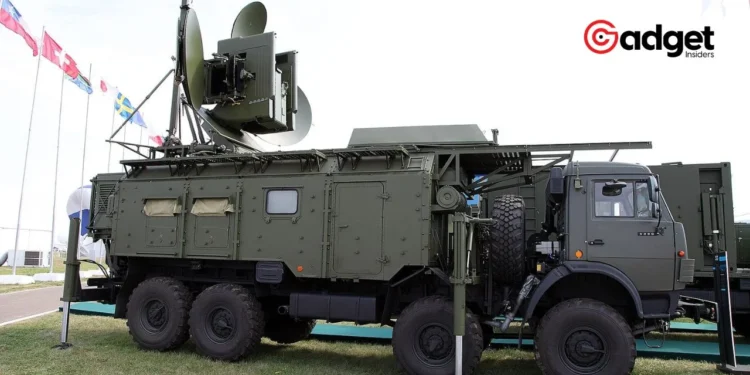In a stunning revelation that underscores the vulnerability of global aviation to technological disruptions, the UK’s skies have become a hotspot for a series of GPS interferences attributed to Russian jamming. This development has thrown a spotlight on the persistent threats facing international air travel and heightened concerns over passenger safety.

UK Aviation Hit by GPS Jamming Disruptions
The British aviation landscape has been marred recently by an alarming number of disruptions involving GPS jamming, with major carriers like Ryanair and Wizz Air bearing the brunt. Reports indicate that more than 2,300 Ryanair flights and nearly 1,400 Wizz Air flights have encountered navigation issues since last August. British Airways and easyJet have also faced similar challenges, albeit on a lesser scale.
Yesterday two Russian spies were arrested in Germany.
A Russian spy was arrested in Poland today.
Russian spying drones over German Bundeswehr bases for over a year.
The Russians are jamming the GPS signal over Poland, Scandinavia, the Baltic countries – a catastrophe can… pic.twitter.com/4n0Icp6QTM
— Jürgen Nauditt 🇩🇪🇺🇦 (@jurgen_nauditt) April 18, 2024
These incidents have not only impacted flights within the UK but have also rippled across European airspace. According to GPSJAM.org, approximately 46,000 aircraft flying over the Baltic Sea have experienced GPS malfunctions, with the majority of these disruptions occurring near the Russian border, an area now synonymous with electronic warfare tactics.
Escalating Threats Prompt Swift Action
The severity of these disruptions prompted the European Union Aviation Safety Agency (EASA) and the International Air Transport Association to convene a crisis summit earlier this year. Luc Tytgat, the head of EASA, expressed grave concerns about the sharp rise in GPS attacks, labeling the phenomenon as a significant safety hazard.

The situation reached a critical point in March when a Royal Air Force aircraft, carrying the UK Defence Secretary, was subjected to GPS signal jamming near Kaliningrad. While Downing Street reassured that the aircraft’s safety was intact, defense analysts have described these actions as “wildly irresponsible.”
Reinforcing Aviation Safety Amid Growing Concerns
Despite these daunting challenges, the UK’s Civil Aviation Authority (CAA) has been quick to reassure the public about the robustness of aviation safety protocols. Glenn Bradley, head of flight operations at the CAA, stated that aviation remains one of the safest modes of transport. He emphasized that while GPS jamming is acknowledged, it generally does not directly compromise an aircraft’s navigation capabilities.

Airlines themselves have adapted to the escalating threat by bolstering their navigational systems. An easyJet spokesperson remarked that their aircraft are equipped with various backup systems to ensure that navigation can be maintained even when GPS signals are lost. Similarly, a Ryanair spokesperson assured that their planes have multiple systems to ascertain aircraft locations, which can seamlessly switch to alternative modes if GPS functionality is disrupted.
As these GPS jamming incidents continue to unfold, the resilience of the aviation sector is being tested. However, the ongoing updates to safety protocols and the collaborative efforts between airlines and aviation authorities signify a committed response to ensuring that air travel remains as safe and reliable as possible.










